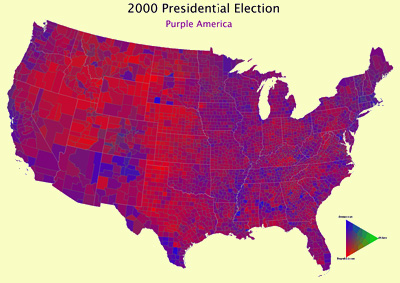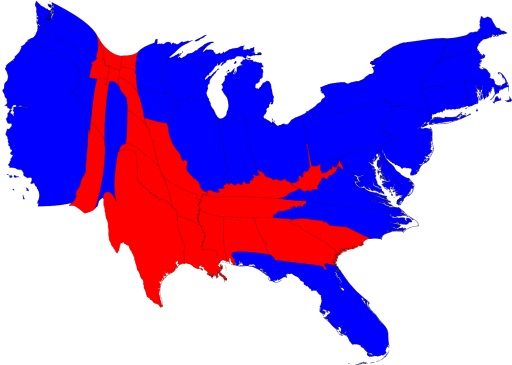I just got back from seeing Oliver Stone’s W and, since I’m writing again, I wanted to share my thoughts about it with you. But since it’s Saturday, I thought I’d do it as an anagram.
I chose a speech where Shakespeare apologizes for the inadequacies of the stage to depict the lives of kings. Perhaps it will mitigate the anagrammed review to follow.
From Henry V:
O! for a Muse of fire, that would ascend
The brightest heaven of invention;
A kingdom for a stage, princes to act
And monarchs to behold the swelling scene.
Then should the war-like Harry, like himself,
Assume the port of Mars; and at his heels,
Leash’d in like hounds, should famine, sword, and fire
Crouch for employment. But pardon, gentles all,
The flat unraised spirits that hath dar’d
On this unworthy scaffold to bring forth
So great an object: can this cockpit hold
The vasty fields of France? or may we cram
Within this wooden O the very casques
That did affright the air at Agincourt?
O, pardon! since a crooked figure may
Attest in little place a million;
And let us, ciphers to this great accompt,
On your imaginary forces work.
Suppose within the girdle of these walls
Are now confin’d two mighty monarchies,
Whose high upreared and abutting fronts
The perilous narrow ocean parts asunder:
Piece out our imperfections with your thoughts:
Into a thousand parts divide one man,
And make imaginary puissance;
Think when we talk of horses that you see them
Printing their proud hoofs i’ the receiving earth;
For ’tis your thoughts that now must deck our kings,
Carry them here and there, jumping o’er times,
Turning the accomplishment of many years
Into an hour-glass: for the which supply,
Admit me Chorus to this history;
Who prologue-like your humble patience pray,
Gently to hear, kindly to judge, our play.
Shift around the letters, and it becomes:
After seeing Oliver Stone’s W, I don’t know what I’m supposed to make of it.
A humdrum bio-pic? How do you paint an intimate portrait of a person who isn’t reflective?
A thorough historical piece? No. They skip the key moments of his presidency and hop through the punchlines and nicknames (Guru, Genius, etc.). And his happy-hour past? Chugs, not drugs.
A dark comedy? Man, it’s too soon for humor. The joke’s on us.
A peek at the decision to take out Iraq? Hardly. Those scenes were as fluffy as my popcorn. I was hungry for more.
A high political drama? Primary Colors offers insight into Clinton. This limited film provides only a caricature of W.
Furthermore, I thought Newton and even Brolin got lost in the karaoke impressions they used. On the other hand, Scott Glenn as grumpy thug Rumsfeld and Jeffrey Wright as thoughtful gent Powell were not credible in their characters.
Mr. Dreyfuss as warmonger Cheney and Ms. Banks as earthier Laura threaded that tough needle handily; they brought forth people in accordance with their characters.
The standout of the group was patriarchal James Cromwell as Bush Sr., his dad. The tricky father/son relationship (fights, in lieu of hugs) is the human heart of the film. But nothing is ever resolved.
The film W tried to eke out too many things without doing any of them particularly well. It had many inaccurate facts, had no clear direction, and lasted too long. In short, it was W.

